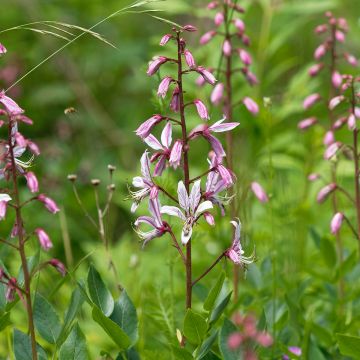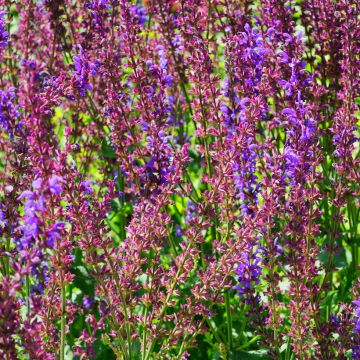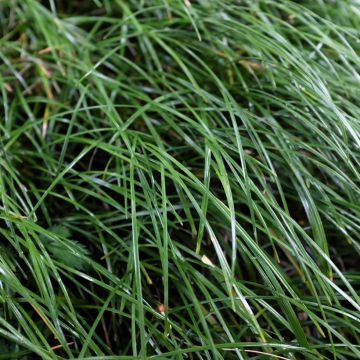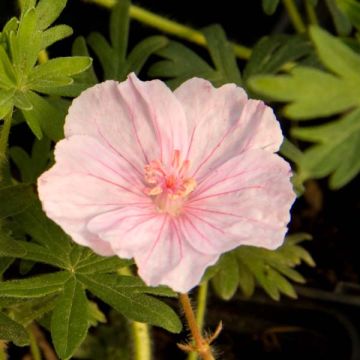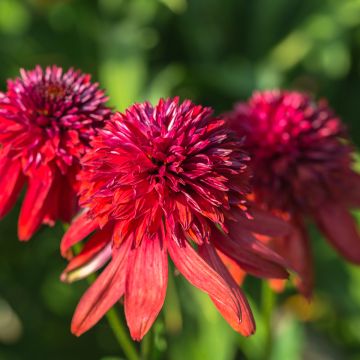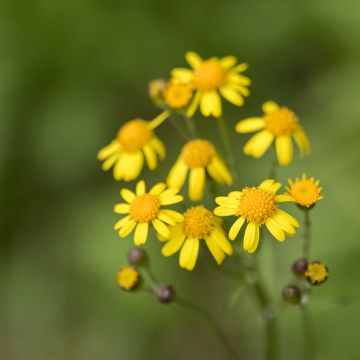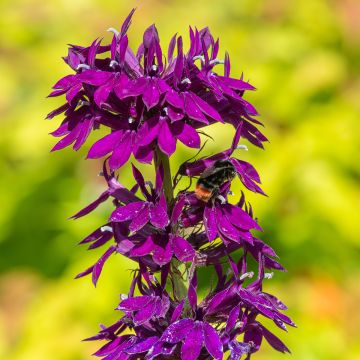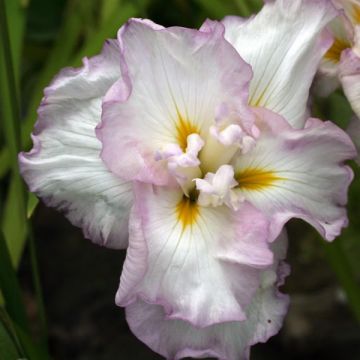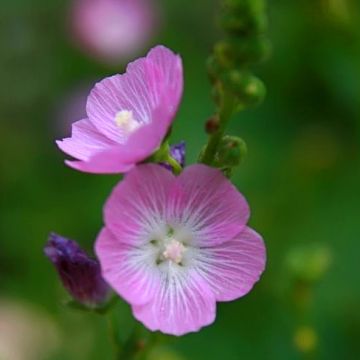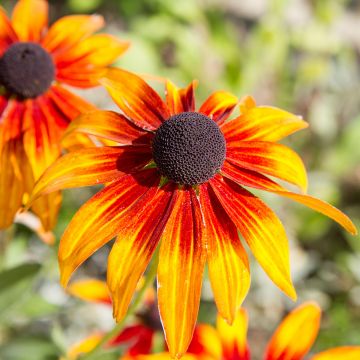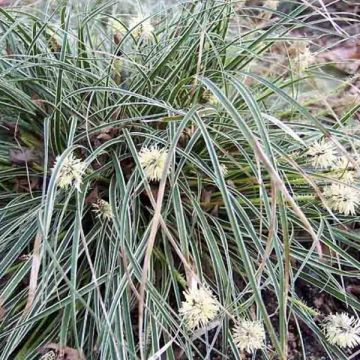Shipping country and language
Your country of residence may be:
Your country of residence is:
For a better user experience on our website, you can select:
Your shipping country:
Andorra
Austria
Belgium
Bulgaria
Canada
Chile
Croatia
Cyprus
Czechia
Denmark
Estonia
Finland
France
Germany
Greece
Hungary
Iceland
Ireland
Italy
Latvia
Lithuania
Luxembourg
Malta
Monaco
Netherlands
Poland
Portugal
Romania
Slovakia
Slovenia
Spain
Sweden
Switzerland
United Kingdom
We only deliver seed and bulb products to your country. If you add other products to your basket, they cannot be shipped.
Language:
French
German
Spanish
English
My Account
Hello
My wish lists
Plantfit
Log in / Register
Existing customer?
New customer?
Create an account to track your orders, access our customer service and, if you wish, make the most of our upcoming offers.
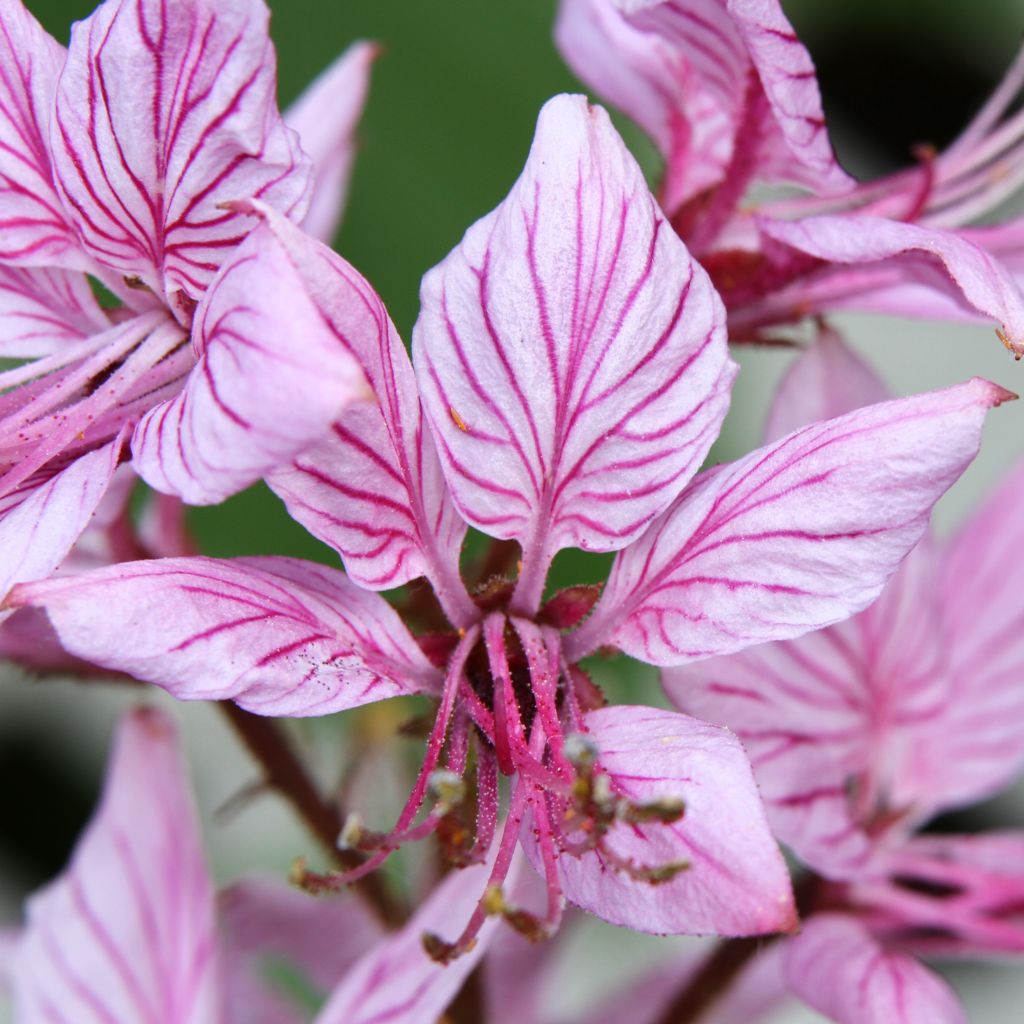

Dictamnus albus var. purpureus - Dittany
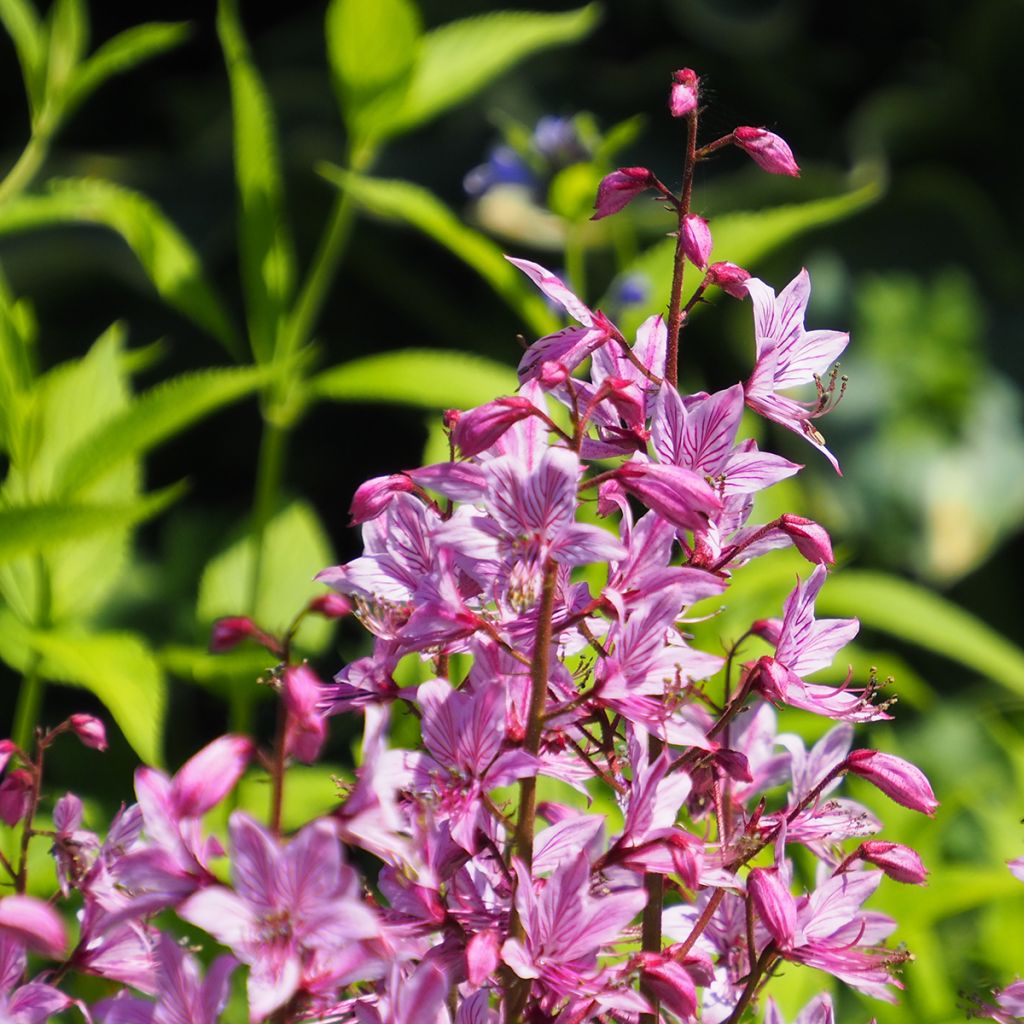

Dictamnus albus var. purpureus - Dittany
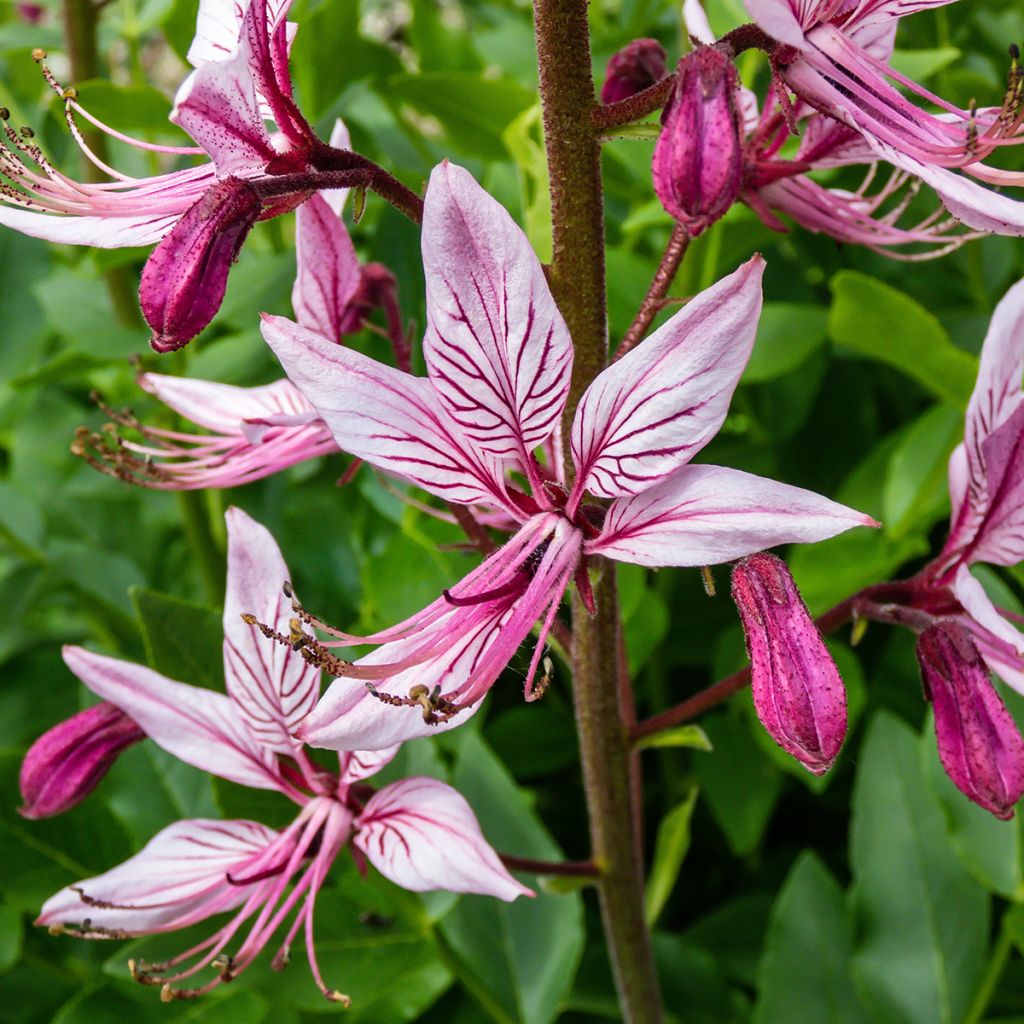

Dictamnus albus var. purpureus - Dittany
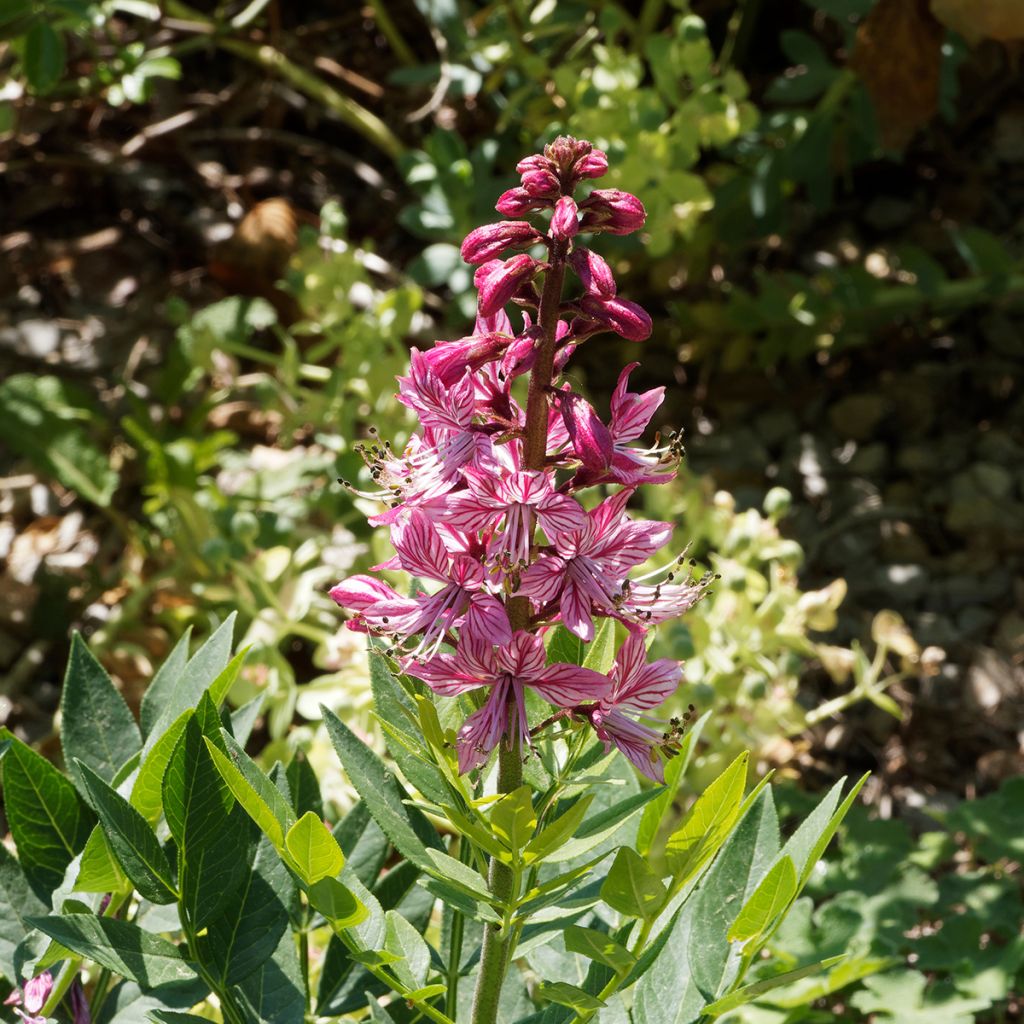

Dictamnus albus var. purpureus - Dittany
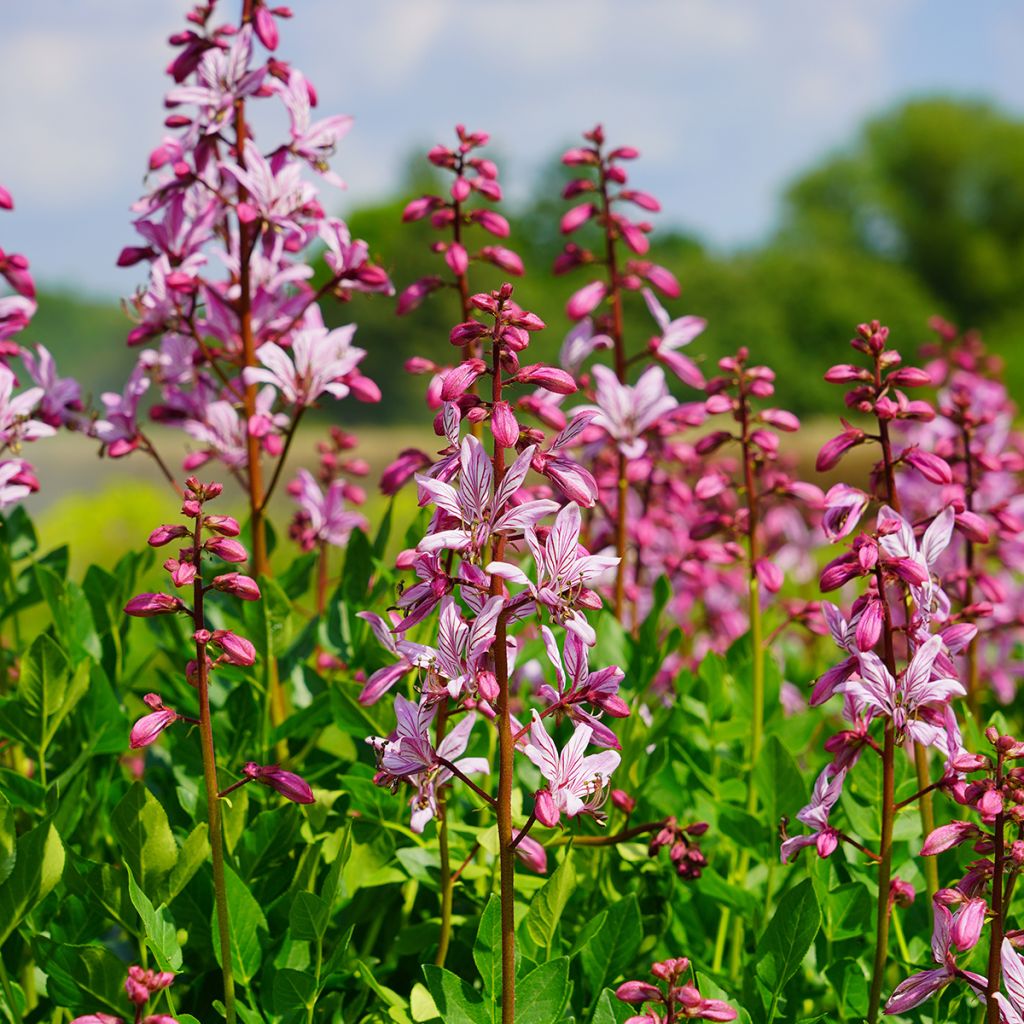

Dictamnus albus var. purpureus - Dittany
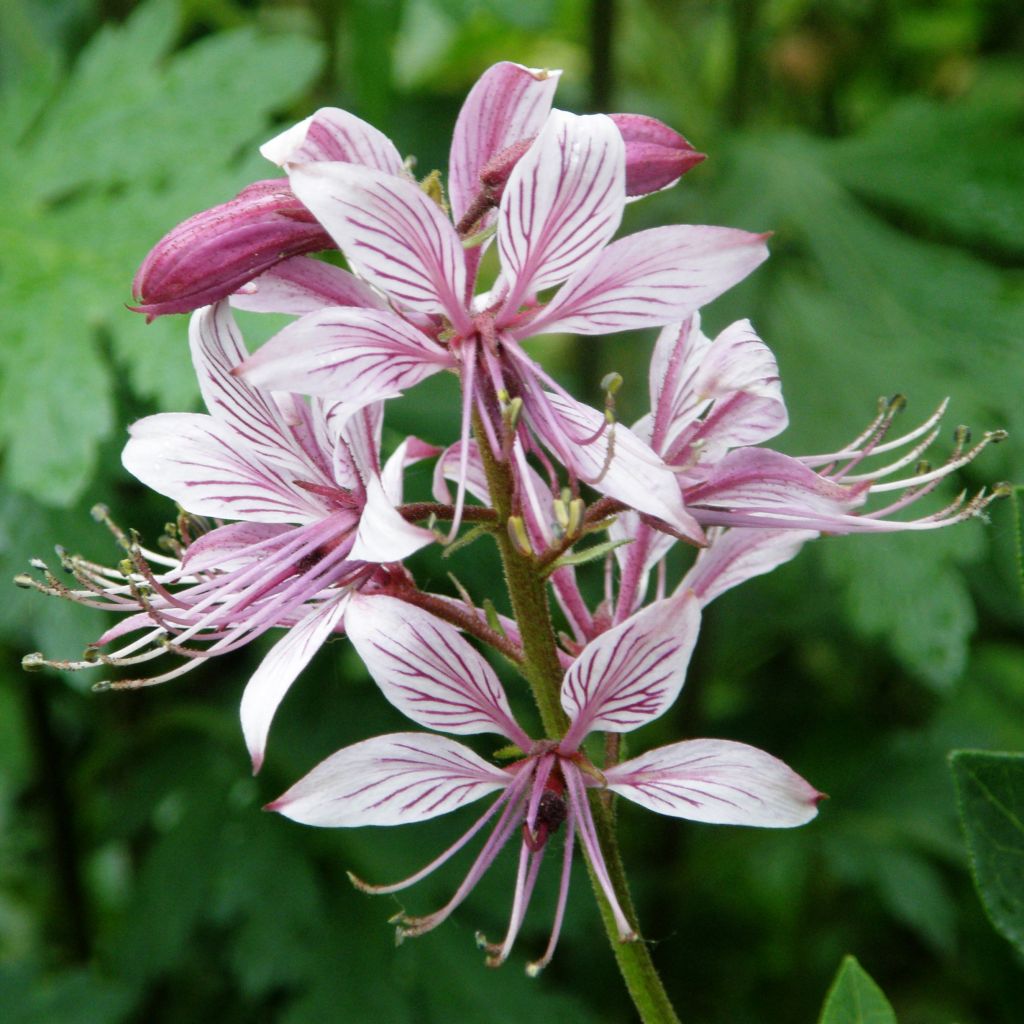

Dictamnus albus var. purpureus - Dittany
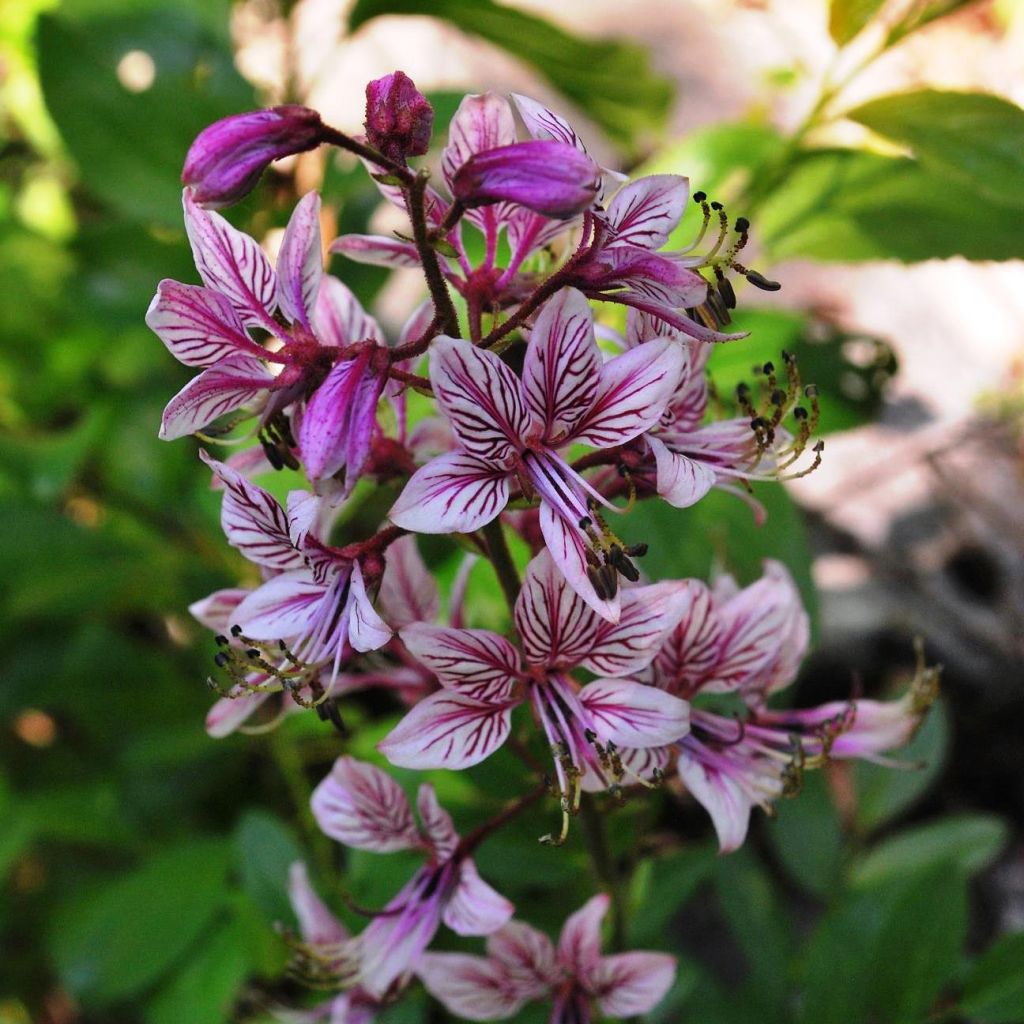

Dictamnus albus var. purpureus - Dittany
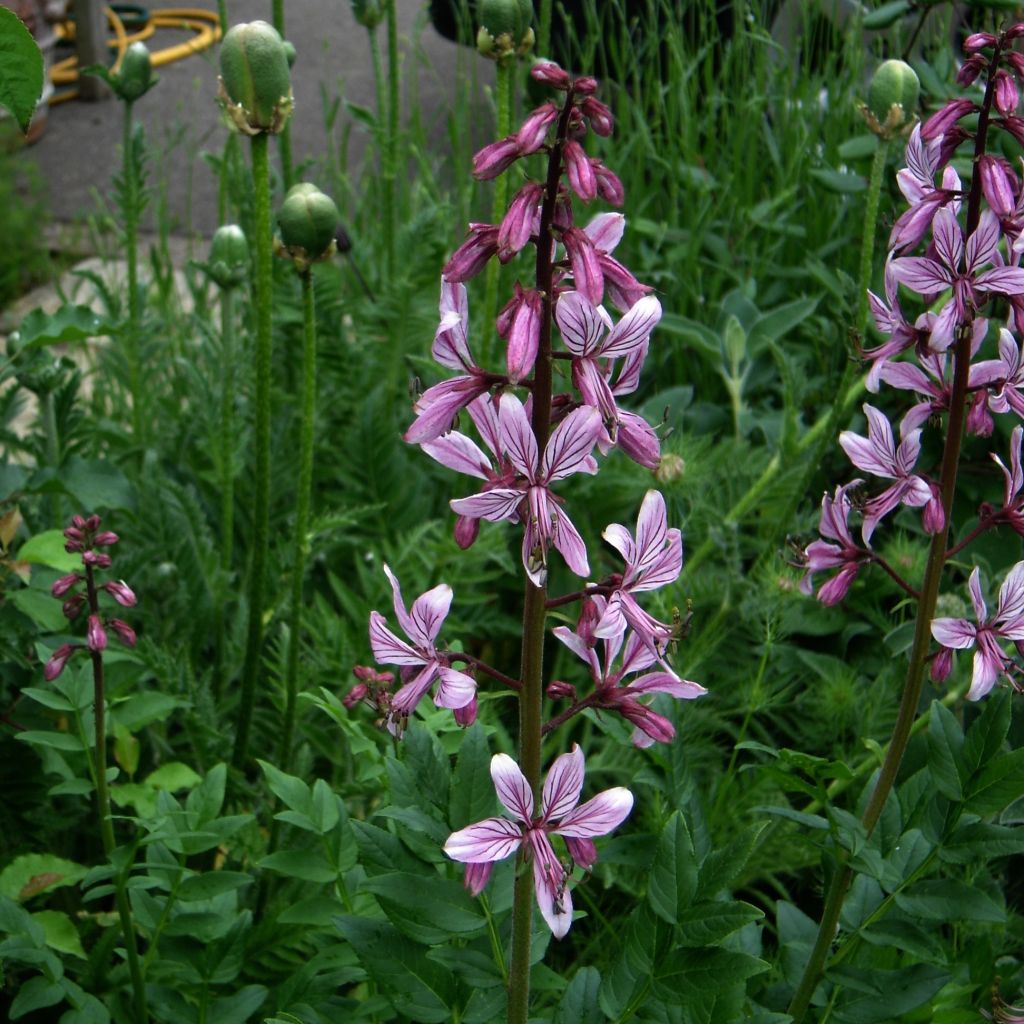

Dictamnus albus var. purpureus - Dittany
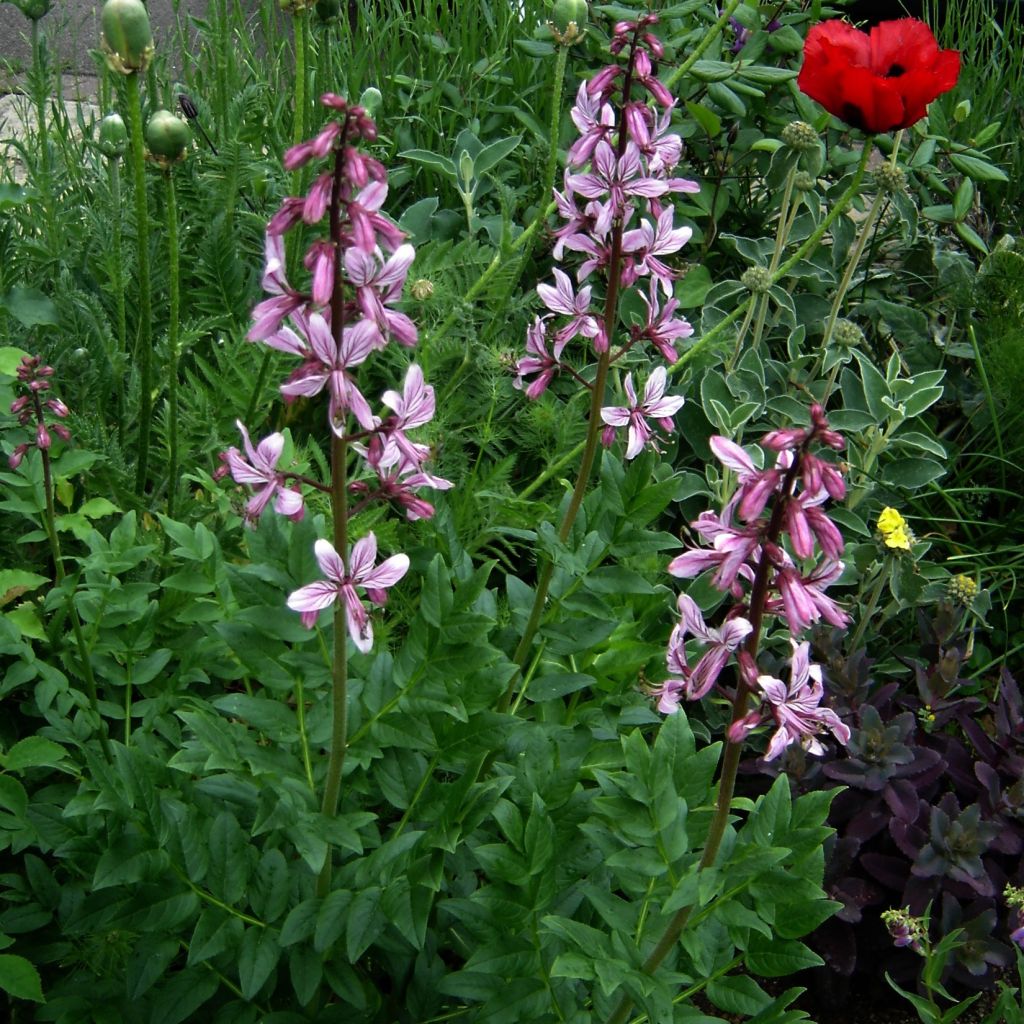

Dictamnus albus var. purpureus - Dittany
Dictamnus albus var. purpureus - Dittany
Dictamnus albus var. purpureus
Dittany
The young plant was so small that it did not survive.
Annick, 26/04/2023
Order in the next for dispatch today!
Dispatch by letter from 3,90 €.
Delivery charge from 5,90 € Oversize package delivery charge from 6,90 €.
More information
This item is not available in your country.
Shipping country:
Andorra
Austria
Belgium
Bulgaria
Canada
Chile
Croatia
Cyprus
Czechia
Denmark
Estonia
Finland
France
Germany
Greece
Hungary
Iceland
Ireland
Italy
Latvia
Lithuania
Luxembourg
Malta
Monaco
Netherlands
Poland
Portugal
Romania
Slovakia
Slovenia
Spain
Sweden
Switzerland
United Kingdom
Schedule delivery date,
and select date in basket
This plant carries a 12 months recovery warranty
More information
We guarantee the quality of our plants for a full growing cycle, and will replace at our expense any plant that fails to recover under normal climatic and planting conditions.
From 5,90 € for pickup delivery and 6,90 € for home delivery
Express home delivery from 8,90 €.

Would this plant suit my garden?
Set up your Plantfit profile →
Description
Dictamnus albus var. purpureus, also known as dittany, is a hardy perennial plant, growing wild it is protected in the limestone scrublands of southern Europe and temperate regions of Asia , near woods and forests. In summer, it produces spikes of small light pink flowers striped with dark pink, which are curiously star-shaped. The thick dark green foliage resembles that of the ash tree and is highly aromatic. Slow to establish and flower, it is all the more beautiful when the soil is well-drained, dry, rocky, and poor.
It is a plant native to the Mediterranean and temperate regions of Asia and belongs to the Rutaceae family. This herbaceous perennial, measuring 50 to 60 cm (20 to 24in) in all directions, forms a clump of woody stems covered with foliage that releases such a quantity of essential oil, in hot and dry weather, that they ignite if a match is struck nearby, briefly surrounding the bush with a halo of flames that do not harm it. Botanists generally believe that the burning bush referred to in the Book of Exodus is none other than Dictamnus albus. The summer flowers can reach 90 cm (35in) in height, or even more, and the irregular spike-shaped flowers resemble those of gauras. The star-shaped corolla, composed of 7 petals, is pink to purple in the purpureus subspecies, with prominent arched stamens. The tough, glossy foliage is covered in glandular hairs that produce a sticky, inflammable substance with a lemony fragrance. The entire plant is fragrant. The dittany has a taproot and does not appreciate being moved. Its bitter and aromatic root has been used in herbal medicine as a vermifuge and diuretic.
Slow-growing and highly resilient, dittany is a botanical curiosity with real ornamental qualities. It will grow well in dry gardens, where it can be given a dry position, exposed to full sun. On the edge of woodlands, it can be paired with Gillenia trifoliata, or Digitalis lanata. On a rockery or a wall, it can be accompanied by caper plants (in mild climates), lavenders, salvias, creeping or upright rosemary, Dorycnium, Echium, and all particularly low-maintenance plants.
Dictamnus albus var. purpureus - Dittany in pictures
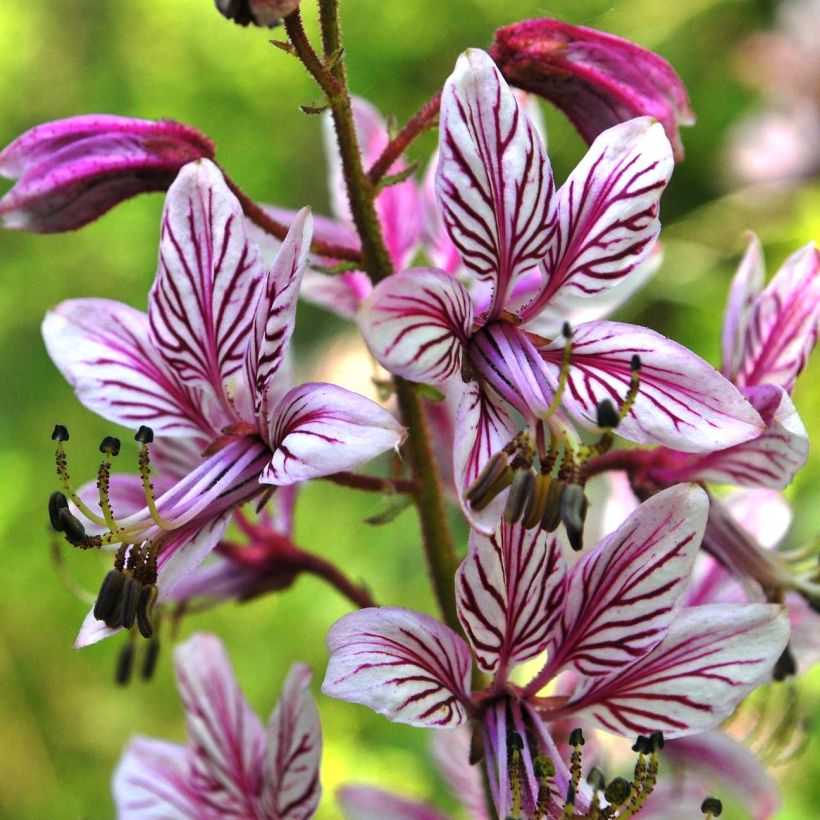

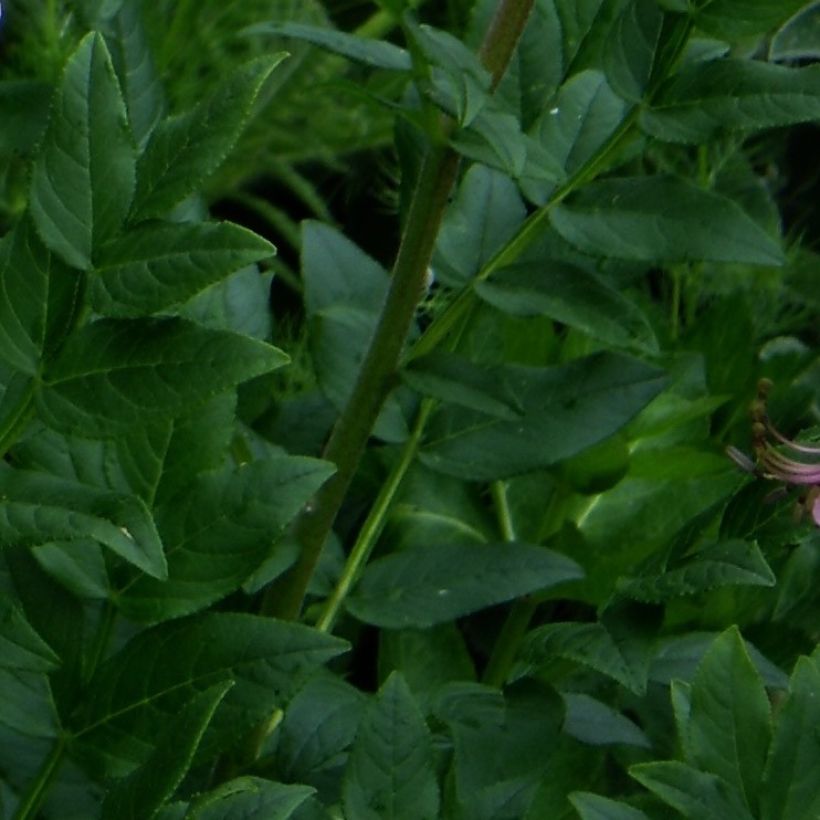

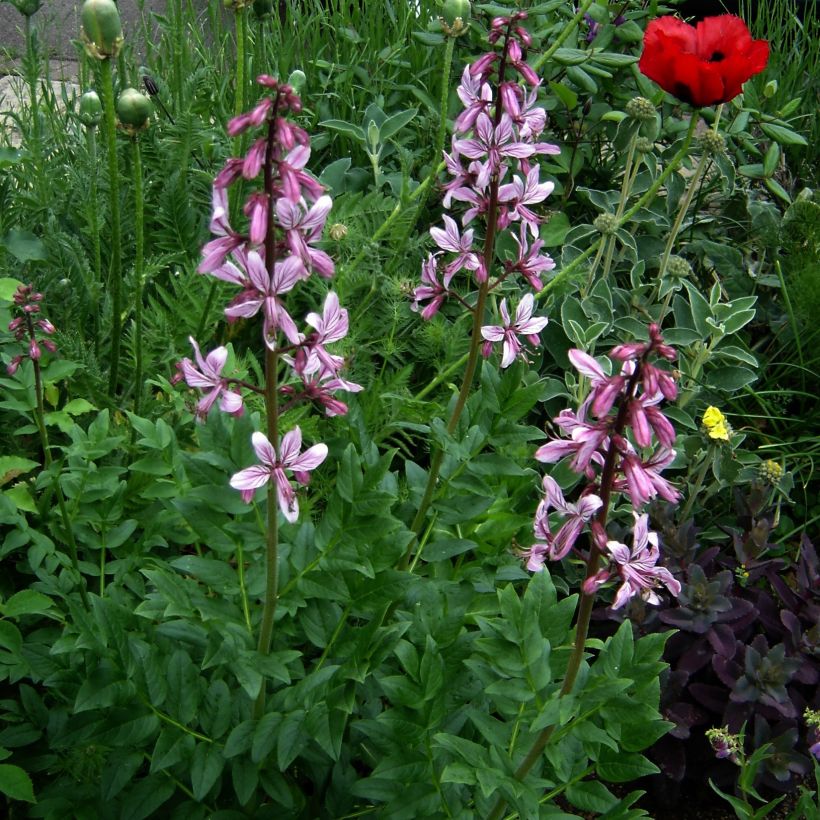

Flowering
Foliage
Plant habit
Safety measures
Botanical data
Dictamnus
albus var. purpureus
Rutaceae
Dittany
Mediterranean
Phytophotodermatoses
Cette plante peut provoquer l'apparition de réactions cutanées indésirables en cas de contact suivi d'une exposition au soleil.
Ne la plantez pas là où de jeunes enfants peuvent évoluer. Evitez l'exposition au soleil après l'avoir manipulée. Evitez tout contact avec la peau: privilégiez l'emploi de gants pour la manipuler. En cas de contact, lavez-vous soigneusement les mains et rincez abondamment à l'eau la zone concernée. Lavez les vêtements entrés en contact. En cas de réaction cutanée, contactez votre médecin ou le centre antipoison le plus proche de chez vous. En cas d'atteinte étendue, appelez sans tarder le 15 ou le 112.Pensez à conserver l'étiquette de la plante, à la photographier ou à noter son nom, afin de faciliter le travail des professionnels de santé.
Davantage d'informations sur https://plantes-risque.info
Other Dictamnus
Planting and care
Choose the planting location with care as Dictamus albus var. purpureus must be left in place for at least 10 years to fully develop. It requires warmth, sunlight, and well-draining, dry, rocky soil to thrive. Grows in the driest soil possible.
Planting period
Intended location
Care
- , onOrder confirmed
Reply from on Promesse de fleurs
Summer flowering perennials
Haven't found what you were looking for?
Hardiness is the lowest winter temperature a plant can endure without suffering serious damage or even dying. However, hardiness is affected by location (a sheltered area, such as a patio), protection (winter cover) and soil type (hardiness is improved by well-drained soil).

Photo Sharing Terms & Conditions
In order to encourage gardeners to interact and share their experiences, Promesse de fleurs offers various media enabling content to be uploaded onto its Site - in particular via the ‘Photo sharing’ module.
The User agrees to refrain from:
- Posting any content that is illegal, prejudicial, insulting, racist, inciteful to hatred, revisionist, contrary to public decency, that infringes on privacy or on the privacy rights of third parties, in particular the publicity rights of persons and goods, intellectual property rights, or the right to privacy.
- Submitting content on behalf of a third party;
- Impersonate the identity of a third party and/or publish any personal information about a third party;
In general, the User undertakes to refrain from any unethical behaviour.
All Content (in particular text, comments, files, images, photos, videos, creative works, etc.), which may be subject to property or intellectual property rights, image or other private rights, shall remain the property of the User, subject to the limited rights granted by the terms of the licence granted by Promesse de fleurs as stated below. Users are at liberty to publish or not to publish such Content on the Site, notably via the ‘Photo Sharing’ facility, and accept that this Content shall be made public and freely accessible, notably on the Internet.
Users further acknowledge, undertake to have ,and guarantee that they hold all necessary rights and permissions to publish such material on the Site, in particular with regard to the legislation in force pertaining to any privacy, property, intellectual property, image, or contractual rights, or rights of any other nature. By publishing such Content on the Site, Users acknowledge accepting full liability as publishers of the Content within the meaning of the law, and grant Promesse de fleurs, free of charge, an inclusive, worldwide licence for the said Content for the entire duration of its publication, including all reproduction, representation, up/downloading, displaying, performing, transmission, and storage rights.
Users also grant permission for their name to be linked to the Content and accept that this link may not always be made available.
By engaging in posting material, Users consent to their Content becoming automatically accessible on the Internet, in particular on other sites and/or blogs and/or web pages of the Promesse de fleurs site, including in particular social pages and the Promesse de fleurs catalogue.
Users may secure the removal of entrusted content free of charge by issuing a simple request via our contact form.
The flowering period indicated on our website applies to countries and regions located in USDA zone 8 (France, the United Kingdom, Ireland, the Netherlands, etc.)
It will vary according to where you live:
- In zones 9 to 10 (Italy, Spain, Greece, etc.), flowering will occur about 2 to 4 weeks earlier.
- In zones 6 to 7 (Germany, Poland, Slovenia, and lower mountainous regions), flowering will be delayed by 2 to 3 weeks.
- In zone 5 (Central Europe, Scandinavia), blooming will be delayed by 3 to 5 weeks.
In temperate climates, pruning of spring-flowering shrubs (forsythia, spireas, etc.) should be done just after flowering.
Pruning of summer-flowering shrubs (Indian Lilac, Perovskia, etc.) can be done in winter or spring.
In cold regions as well as with frost-sensitive plants, avoid pruning too early when severe frosts may still occur.
The planting period indicated on our website applies to countries and regions located in USDA zone 8 (France, United Kingdom, Ireland, Netherlands).
It will vary according to where you live:
- In Mediterranean zones (Marseille, Madrid, Milan, etc.), autumn and winter are the best planting periods.
- In continental zones (Strasbourg, Munich, Vienna, etc.), delay planting by 2 to 3 weeks in spring and bring it forward by 2 to 4 weeks in autumn.
- In mountainous regions (the Alps, Pyrenees, Carpathians, etc.), it is best to plant in late spring (May-June) or late summer (August-September).
The harvesting period indicated on our website applies to countries and regions in USDA zone 8 (France, England, Ireland, the Netherlands).
In colder areas (Scandinavia, Poland, Austria...) fruit and vegetable harvests are likely to be delayed by 3-4 weeks.
In warmer areas (Italy, Spain, Greece, etc.), harvesting will probably take place earlier, depending on weather conditions.
The sowing periods indicated on our website apply to countries and regions within USDA Zone 8 (France, UK, Ireland, Netherlands).
In colder areas (Scandinavia, Poland, Austria...), delay any outdoor sowing by 3-4 weeks, or sow under glass.
In warmer climes (Italy, Spain, Greece, etc.), bring outdoor sowing forward by a few weeks.
